Being diagnosed with prostate cancer is incredibly stressful. Even though we’ve made great strides in finding and treating prostate cancer, the treatments alone can cause a lot of stress, and many men find themselves worrying that their quality of life will change forever. Fortunately, this doesn’t have to be the case. New, less invasive treatments are being discovered all the time, and even if treatments cause you to suffer from sexual issues, it’s often temporary. There’s no reason you shouldn’t be able to have a fulfilling sex life after recovering from prostate cancer.
Understanding the Relationship Between Your Prostate and Sexual Function
Most men know that their prostate plays a significant role in their sexual functioning, but many don’t know exactly how or why. It’s important to understand the role your prostate plays in your sexual health. There are a lot of nerves and veins around the prostate known as a neurovascular bundle. This bundle of nerves, blood vessels, and connective tissue plays a large role in regular sexual function.
Whenever we treat prostate cancer, we’re working carefully around these sensitive bundles, and recently we’ve gotten a lot better at not disturbing them. Unfortunately, if they are damaged, this can lead to issues with sexual function. How long you’ll experience these symptoms or whether or not they’ll necessitate lifestyle changes depends on how invasive your treatment is. While radiation treatments can cause issues like painful ejaculation and even ED, prostatectomies are where the most serious issues tend to occur. Fortunately, this is improving as well, with many new technologies, like MRI-guided biopsies that can avoid disturbing any sensitive areas.
I Have Prostate Cancer, Will I Experience Problems with Sex?
Well, that depends. Maybe not, but you also should be prepared, even if your issues are only temporary. While some men don’t report any problems or changes in sexual function, it is fairly common. The good news is that studies show 75% of people that undergo newer treatments, like targeted radiation or nerve-sparing prostatectomies, report a full return of sexual function or at the very least the ability to enjoy a normal sex life with little more than a pill. Time is the best cure for most men. Statistically, you are likely to experience some changes in your sexual functioning during and after treatment. As difficult as it can be, it’s important to remember that most of the time these changes are temporary.
Taking Back Control
If you’ve just been diagnosed with prostate cancer, you’re probably overwhelmed and looking for guidance. We’ve compiled a list of coping strategies for men with prostate cancer that can provide you with resources and hopefully a little peace. If you’re finally done with treatment, then first off, congratulations! Second, you’re probably focused on getting back to a normal life, and we’re here to help.
We’ve discussed the problems with sexual functioning that can come with treating prostate cancer. While it won’t happen to everyone, it’s a good idea to have an understanding of how to tackle these problems if they arise.
Whether you’ve had hormone therapy, radiation, or a prostatectomy, you may find that your sex life has changed. Many men let themselves get dejected by the fact that they’re experiencing difficulties in the bedroom, and it can become a vicious cycle. Having difficulty maintaining an erection can be embarrassing and lead to anxiety about performance. This cycle of negative thoughts can lead to lower libido, and even prolong issues that are likely to resolve themselves in time. Though it may seem foreign to a lot of men, seeing a therapist during these times can be very helpful. A professional can help you to look at things differently and develop a more positive outlook on life.
Managing your expectations is an important part of the recovery process after prostate cancer. If you allow yourself some time to recover and don’t expect everything to work exactly the same right away, it can help to avoid feelings of despair and negative thought patterns. A lot of times, normal sexual functioning will return with time. If not, there are plenty of different options. A treatment like Tadalafil can help those recovering from prostate cancer get and maintain an erection. Sometimes you only need to be on these medications temporarily. Either way, it’s a small price to pay for a fulfilling sex life.
Other Treatments and Solutions
While many men will find that their sexual function returns to normal after a time, some may find they need to try other methods. One simple thing you can do is to avoid depressants like alcohol. Anything that acts as a depressant on the Central Nervous System can cause decreased sensitivity, and in turn, an inability to maintain an erection. Pelvic floor exercises are not just for women and help to stimulate blood flow to the penis. Research has found that doing these exercises regularly can be highly effective in combatting ED.
Learning to adapt your expectations of intimacy can be tough, but even if sex isn’t the same as before, it can still be very enjoyable. Whatever you choose to try, it’s important to consult with your doctor first; chances are they’ll have a better sense of what will work for you.
A diagnosis of prostate cancer can be incredibly scary, but we’ve gotten better at detecting, monitoring, and treating it. Not only are the outcomes better now than ever before, but we’ve come a long way towards allowing you to live a normal life after prostate cancer. Many men don’t come forward out of fear and embarrassment. However, you have a right to be happy, and there’s no reason to suffer from something that’s often very treatable. Take control of your sexual health—you’ll thank yourself later.


